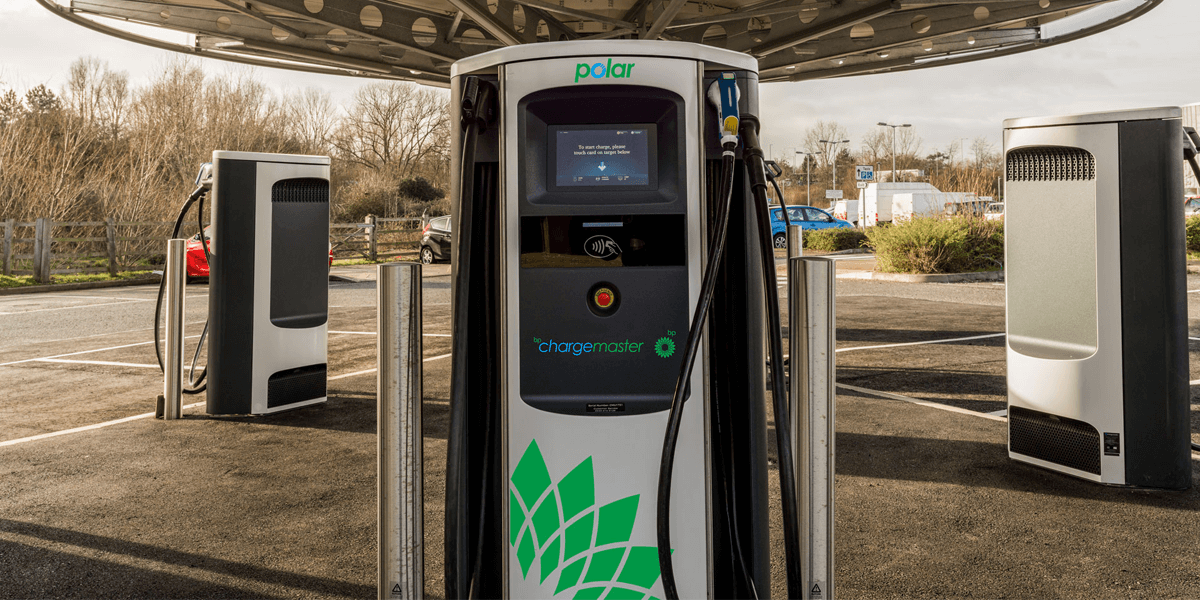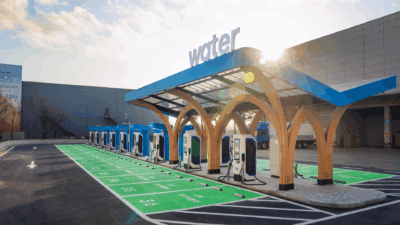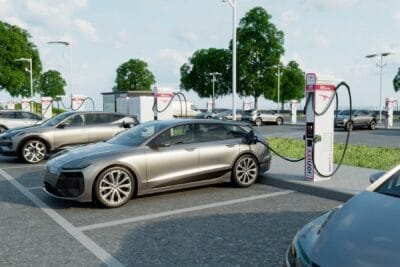UK sets aside £400M for fast charging infrastructure
The British Ministry of Finance is providing £400 million to further develop the charging infrastructure for electric vehicles on the island. The first 70M pounds will go to 3,000 new charging points, which will be increased to 5,000 in the UK.
The charging infrastructure investment is independent of the £1.5 billion budget that the government will use to promote the purchase of electric vehicles. Both measures are part of the plan to phase out combustion engines in the UK after 2040.
The new funds are primarily intended to promote fast charging points, with the target for the 5,000 stations being 2024. An exact minimum charging capacity is not clear from the Government’s communication. It is merely stated that a “family car can be charged in only 20 minutes” instead of the 40 minutes it takes with “current technology”. The aim, of course, is to make driving and charging electric vehicles easier and more accessible.
“We are driving ahead with plans to make travel greener while backing British innovation and technology,” says Finance Secretary Simon Clarke. “Britain already boasts one of the biggest networks of charging infrastructure in Europe, and soon we will have the fastest thanks to this investment. Transport Secretary Grant Shapps adds: “It’s fantastic there is already a rapid charge point at almost every motorway service station, and now more charging stations than petrol stations. But I want to see thousands of more charge points installed across the UK.”
Companies such as BP Chargemaster, Pod Point, Ionity and Fastned are already in the process of building HPC parks on the island. These offer high power charging capacities of over 150 kW.
In addition to the £400 million grant for the fast charger, the Ministry of Finance has also announced £31.5 million for “driving forward approaches to remove greenhouse gases from the sky on a large scale”. More so, the government set aside £22 million for “tackling emerging air pollutants indoors and outdoors, such as air fresheners and cleaning products, to minimise their effects on public health”.





0 Comments